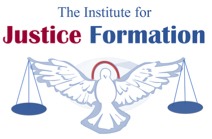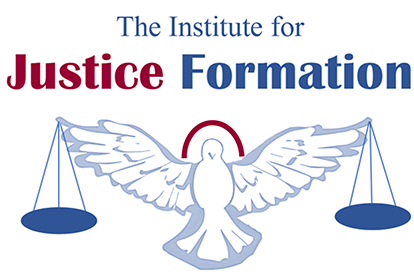By Dr. Drew Hill, Senior Pastor, Memorial Baptist Church, Arlington, Virginia
Last summer during my sabbatical I made an unforgettable journey, a civil rights pilgrimage across our country. Beginning here in D.C. at the Smithsonian Museum of African American History, I traveled to Farmville, Greensboro, Atlanta, Anniston, Birmingham, Selma, Montgomery, Jackson, Sumner, and Memphis. I walked over each site and through every museum and institute, listening and learning along the way. For two weeks I stared into the face of racism, the dark, ugly side of humanity.
One of the most troubling aspects of the Civil Rights Movement for me was the pitifully few white churches that supported the cause of equality and racial justice. For the most part, white churches across the South did their best to enforce an unjust status quo, silently condoning the violence and terror unleashed on people of color, even little children.
Little did I realize all that would transpire in the year since I made my journey, the innocent lives that would be taken or the revitalized movement that would grip our nation. Once again, our country has come to a crossroads of conscience, an opportunity to strike a real blow to systemic racism. And I can’t help but wonder, will our churches once again fail to live out the Gospel we profess, or can we finally find our voice and stand for the dignity and worth of all people?
I am humbled and privileged to stand alongside my fellow pastors, black and white, for the cause of racial justice as an expression of God’s justice and righteousness. The time has come for all followers of Christ to come together in community, united in purpose, committed to our common standing as children of God. For this cause, the Justice Formation Fellowship has been established.
A strong, open, diverse fellowship of churches is essential in times like these because within our individual congregations there is little diversity. Most churches, including the congregation I serve, reflect the demographics of their community which remain largely homogeneous. Segregated churches often reflect segregated neighborhoods.
So, how can our churches stand for radical inclusion if there is no one around to include? We pray for the day when our communities will nurture a beautiful variety of color and culture. But for today, for this moment, the answer is a coalition of diverse congregations coming together in genuine fellowship and common cause. The answer is the Justice Formation Fellowship.
In times like these, standing down is surrender. Standing still is cowardice. Standing up is a beginning. Standing together is a revolution. Come stand with us and see what God can do.
_________________________



Recent Comments